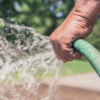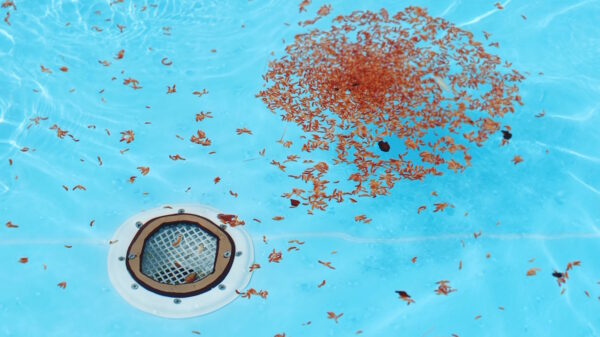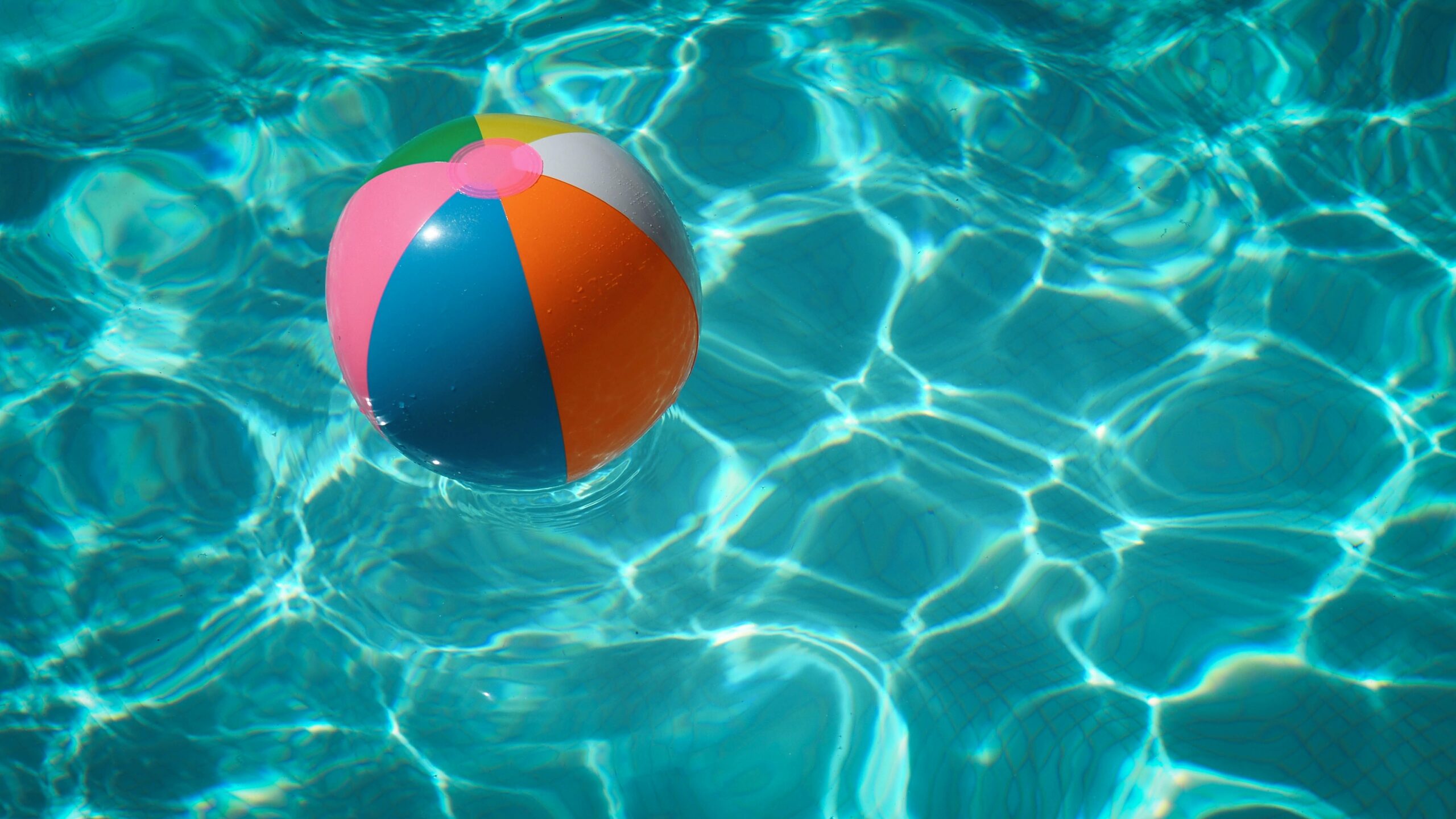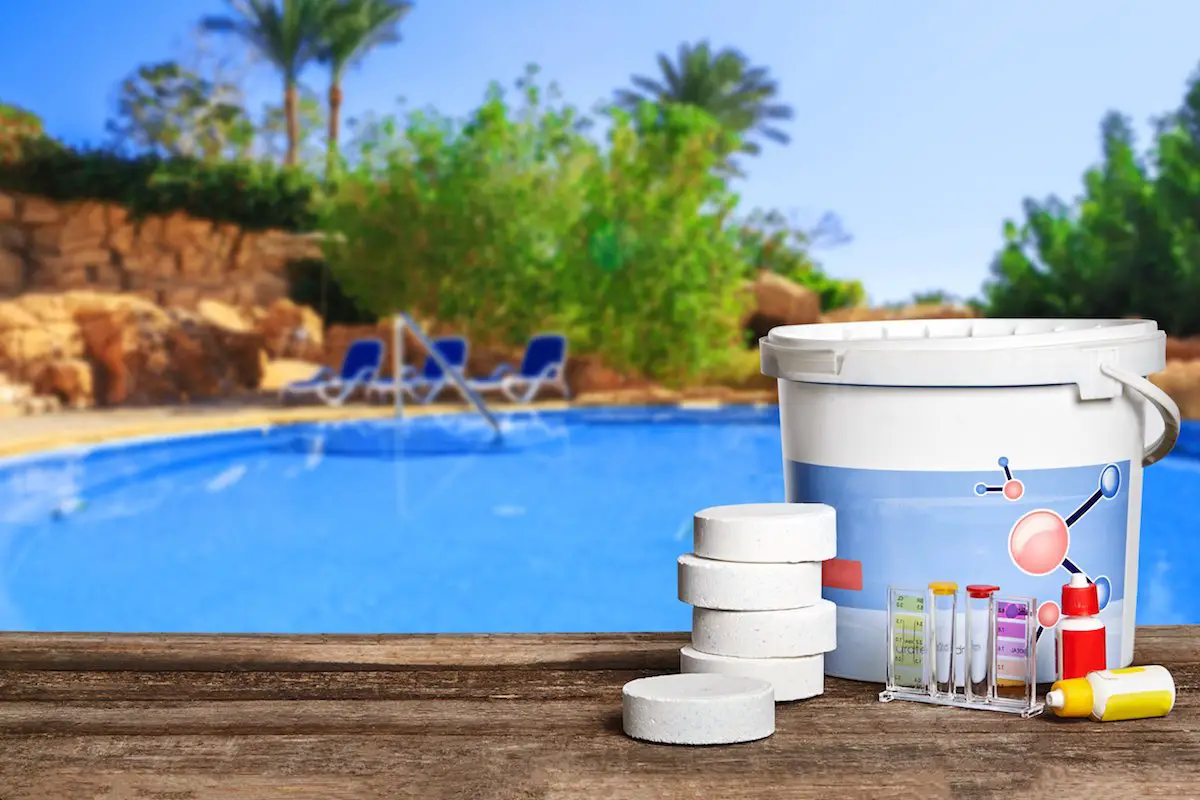Keeping Snakes Out of Swimming Pools
Are you a pool owner who is terrified of finding snakes in your swimming pool? While it can be unnerving and stressful to think about, there are steps that you can take to help prevent snakes from getting near your pool. Snakes are a common problem in swimming pools, but there are things that can be done to keep snakes away. So, how do you keep snakes out of the swimming pool?
- Install a Snake-Proof Fence
- Remove Hiding Places
- Trim Back Vegetation
- Use a Pool Cover
- Use Snake Repellent
- Keep the Pool Clean
- Install Lights and Sprinklers
- Keep Trash Cans Away From the Pool
In this blog post, we’ll discuss the best ways that you can keep snakes out of your swimming pool, so you don’t have to worry about any unwelcome guests! We will help you learn how to keep your pool safe! With just a few simple steps, you will be able to rest assured knowing that no cold-blooded creatures will sneak into your oasis this summer. Read on to find out exactly how you can protect your swimming paradise against any predators.

How to Protect Your Pool and Keep Snakes Out
Snakes are often drawn to water sources such as swimming pools, especially during hot and dry weather. While most snakes are harmless and will avoid contact with humans, some species can be dangerous and may pose a risk to swimmers. Here are some tips on how to keep snakes out of swimming pools:
1. Install a Snake-Proof Fence
The best way to keep snakes out of your pool is to invest in snake-proof fencing. Erecting a snake-proof fence around your pool can help keep snakes out. The fence should be at least 4 feet tall, made of mesh or solid material, and buried at least 6 inches deep in the ground to prevent snakes from burrowing underneath. Make sure the fence is tight to the ground and there are no gaps or holes that snakes can squeeze through.
2. Remove Hiding Places
Snakes love to hide in tall grass, piles of leaves, and other debris. Keep the area around your pool free of clutter and debris to discourage snakes from taking up residence in the area.
3. Trim Back Vegetation
Overhanging trees and bushes can provide easy access to the pool for snakes. Trim back any vegetation that is close to the pool or hang bird feeders away from the pool area to discourage snakes from using the branches as a route to the pool.
4. Use a Pool Cover
Covering your pool when it is not in use can help keep snakes out. Make sure the cover is secure and fits tightly around the pool. This will also help keep the water clean and reduce maintenance time.
5. Use Snake Repellent
There are several types of snake repellents on the market that use chemicals or natural ingredients to repel snakes. However, their effectiveness varies and it’s important to read the label and follow instructions carefully.
6. Keep the Pool Clean
Snakes are attracted to areas with stagnant water and debris. Keeping your pool clean and well-maintained will help reduce the likelihood of snakes taking up residence in the area.
7. Install Lights and Sprinklers
Additionally, install motion-activated lights or sprinklers near the perimeter of your property as snakes generally dislike bright lighting and loud noises.
8. Keep Trash Cans Away From the Pool
Additionally, snakes often enter pools in search of food, so it is important to keep garbage cans and other sources of food away from the pool area.

Why Do Snakes Seek Out Pools
Snakes are excellent swimmers and sometimes visit swimming pools to cool down during hot days. In fact, snakes have been known to take refuge in swimming pools when their natural habitats become too dry or too hot. This behavior is mostly seen in snakes that inhabit arid regions, such as rattlesnakes and garter snakes. Additionally, snakes may come into contact with humans more often when they’re near swimming pools because people tend to spend a lot of time outdoors near these areas. Therefore, it’s important for people to be aware of snakes nearby when visiting pools or other outdoor spaces where snakes may roam. As a precautionary measure, people should always wear protective clothing or watch out for snake warnings posted around the pool area.
Snakes can generally be left alone if they are not bothering anyone and should be removed from swimming pools to ensure the safety of both people and snakes. If you see a snake close to your pool, do not try to deter it. Simply leave it alone and continue on. If it continues to get closer to the pool begin to take precautions by removing those in the water.
Ultimately, snakes may visit swimming pools in order to cool down on hot days or because their natural habitats have become too dry or too hot. As such, humans should always stay vigilant when near swimming pools and take necessary precautions in order to protect themselves as well as the snakes that may be living nearby.
What to Do When You See a Snake
When snakes do find their way into swimming pools, it is important to take the proper precautions. Do not attempt to handle snakes as many of them are venomous and can be extremely dangerous. Instead, contact a professional snake removal service that will safely remove snakes from your property.
If you encounter a snake in your pool, it is important to exercise caution. Do not get in the water or allow anyone else in the water. Do not attempt to capture or relocate the snake by yourself. Instead, call your local animal control agency or wildlife expert for assistance. They are equipped with the proper tools and training required to handle snakes safely. In addition, make sure that swimming pools are properly maintained and secure so snakes cannot get into them easily.
Finally, if you spot a snake in the water, avoid swimming until it has been removed by an animal expert. Although snakes are not typically aggressive and can’t swim very fast, it is still best to be safe and take preventative measures. Taking the time to make sure your pool is snake-proof will ensure that everyone can enjoy swimming in a safe environment.

Who to Call to Remove a Snake
If a snake has made its way into your pool, you may be wondering who to call for help. The most important thing is that you do not attempt to remove the snake on your own. Even if the snake is not known for being venomous. Fortunately, there are experts who specialize in snakes and can safely remove them from your pool area. You may want to contact a local wildlife removal or pest control company that specializes in snakes. Most of these companies will provide humane removal services for snakes in and around residential areas. They can also provide advice on how to prevent snakes from returning to your pool area in the future. Many companies even offer snake relocation services if they cannot find an appropriate habitat nearby. It’s important to remember that snakes play an important role in our ecosystems, so it’s best to have them removed by a professional as opposed to trying to do it yourself. With the right help, snakes can be safely removed from your pool and put back into their natural environment.
If you’re concerned about snakes in or around your pool area, contact a reputable wildlife removal or pest control company for assistance. Their professional services will ensure that the snakes are removed humanely and that they have an appropriate habitat to return to afterward. With the right help, snakes can be safely removed from your pool and relocated without risking injury to either you or them.
In Closing
By taking these steps, you can help keep snakes out of your swimming pool and create a safer environment for swimmers. If you do encounter a snake in or around your pool, it’s important to keep a safe distance and contact a professional snake removal service. We hope that these tips will help keep you safe and your pool snake free!
Related Questions
Are all snakes deadly?
Most snakes are harmless to humans and many other creatures. Some snakes may have venom that can cause an unpleasant reaction in a person or animal if bitten, but the venom is usually too weak to be fatal unless the bite is untreated for a long period of time. The snakes considered dangerous to humans are those with potent venom; such as cobras, mambas, rattlesnakes, and vipers.
Should I go to the doctor if I get bit by a snake?
The best thing to do is seek medical attention immediately. Even if you don’t think the bite was serious, doctors can assess your condition and provide treatment if necessary. Depending on the type of snake, you may need an anti-venom or other medical intervention as soon as possible. It’s also important to be able to identify snakes accurately so that doctors know what kind of venom they are dealing with.















